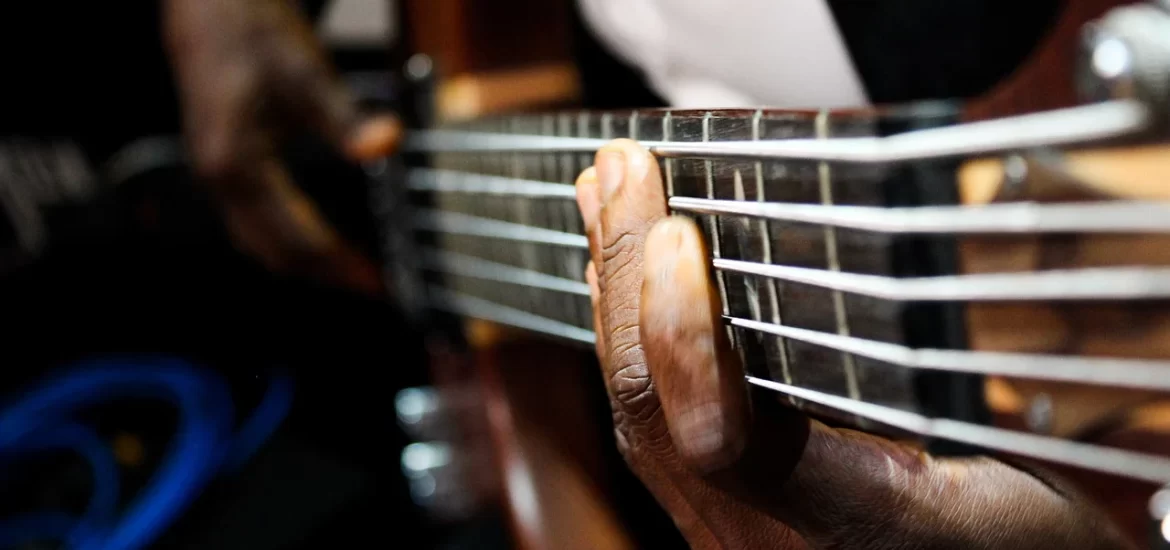If you’re struggling with the question, “why does my guitar buzz when I play a chord?,” you’re not alone. Many guitarists, both beginners and seasoned professionals, experience this issue. Fortunately, there are common reasons for this buzzing sound, and in most cases, they are easily solvable. This article will guide you through each step to diagnose and fix the problem.

Understanding the Buzzing Problem
The buzzing sound while playing a chord can be caused by various factors. Here’s a detailed guide to help you understand the root causes and provide solutions.
Fret Buzz
Fret buzz is the most common cause of the buzzing sound. Follow these steps to address it:
- Inspect the frets: Check for uneven or worn-out frets. Use a straight edge to detect any unevenness.
- Adjust the truss rod: If the neck is bowed, you might need to adjust the truss rod. Turn it slowly, a quarter turn at a time, and check the alignment.
- File the frets: If some frets are higher than others, you may need to file them down carefully.
- Consult a professional luthier: If the problem persists, it may be wise to take your guitar to a professional repair shop.
String Issues
String problems may lead to buzzing sounds. Here’s what you can do:
- Examine the strings: Look for signs of wear and tear. Strings with kinks or corrosion are more likely to buzz.
- Replace old or damaged strings: If the strings are old or damaged, replace them with new ones of the correct gauge for your guitar.
- Ensure proper string winding: Make sure that the strings are wound evenly at the tuning pegs to prevent buzzing at the headstock.
Read more guitar topics here – Guitar Questions: Get the Right Answers to Your Burning Questions
Action Height
Low action can cause buzzing. Here’s how to resolve it:
- Check the action: Use a ruler to measure the distance between the strings and the frets. Low action might cause the strings to buzz against the frets.
- Adjust the saddle height: Depending on your guitar type, you can adjust the saddle height using small screws or an Allen wrench.
- Recheck and refine: After adjustments, play the guitar to ensure that the buzzing has stopped and the playability is comfortable.
Additional Considerations
Sometimes the buzzing sound might not be caused by the strings or frets:
- Check for loose parts: Loose screws, nuts, or other parts can rattle and create a buzzing sound. Tighten them if needed.
- Examine the nut slots: If the slots in the nut are too wide or deep, they might cause buzzing. Filling or replacing the nut may be required.
- Consider your playing technique: Sometimes, buzzing is a result of how you’re playing. Ensure that your fingers are pressing the strings firmly down.
Why Does My Guitar Buzz When I Play a Chord: Conclusion
If you’ve followed the steps mentioned in this guide and the question “why does my guitar buzz when I play a chord” hasn’t been answered, it may be time to consult a professional technician. With patience and attention to detail, most guitar buzzing problems can be solved. Happy strumming!